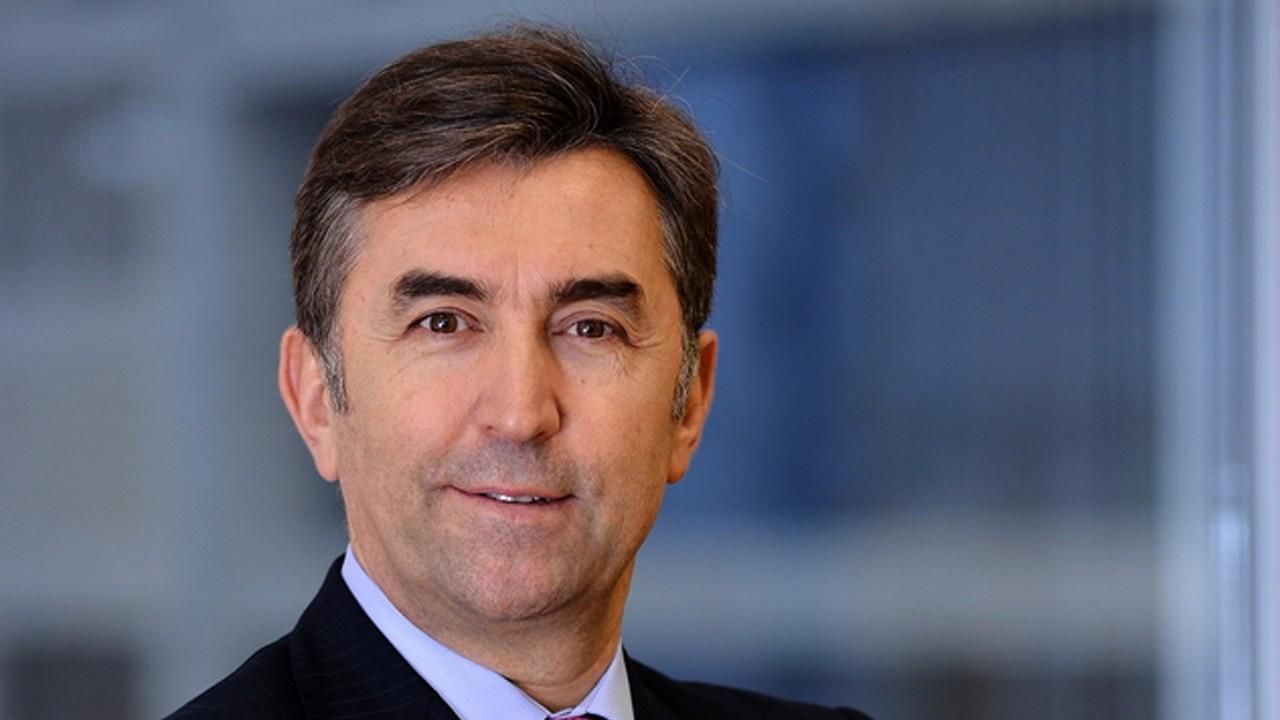BY BURCU GOKSUZOGLU
Q&A with Atilla Koksal, Chairman of the Board of Directors of the Financial Literacy and Inclusion Association (FODER)
SOME THINK THAT THE MONETARY POLICY ‘PUNISHES’ SAVINGS. DO YOU AGREE WITH THIS?
Looking at investments of Turkish households in the past, they invested one-third of their savings in TRY deposits, one-third of their savings in foreign exchange (FX) deposits, and one-third of their savings in different instruments including gold and stocks. The total share of private pension investments has approached 10% in recent years. The real rate of return of TRY deposit accounts, the inflation-adjusted rate of return, hovered around negative 1-2 and 1-2 for many years. When you invested your money in TRY deposits, you knew that it would be protected against inflation. But this changed when inflation rapidly increased and interest rates remained at 17-18%. USD/TRY rose from 10.00 to 17.0018.00 in October-November last year. People headed towards FX, gold, and the stock exchange when they saw that the TRY deposit accounts didn’t protect their money in real terms. People who barely make savings don’t want it to ‘melt’ in real terms. That’s why there is a need for a real interest rate above inflation.
IMPLEMENTATIONS SUCH AS LIRAIZATION STEPS, KKM, AND GES HAVE EMERGED AS PEOPLE SHIFTED FROM TRY DEPOSIT ACCOUNTS TO FX DEPOSIT ACCOUNTS AND GOLD DUE TO THE LOW INTEREST RATE. HOW DO YOU SEE THIS?
Since the FX-protected TRY deposit account (KKM) has started to be implemented, there has been a considerable shift from TRY deposit accounts. Savvy savers have headed towards the KKM as they obtained a free option on the FX side. But this is a very artificial instrument. So are the income-indexed government debt securities (GES). People see that the return of the GES will remain below inflation. Although the GES is better than TRY deposit accounts, I don’t think that it will be very attractive as it won’t provide a high real return in this high-inflation environment. The KKM is also not sustainable as it lays a cost burden on the Treasury. Although the interest rate seems to be staying low, people obtain a high return with the support of the rate of return from the FX rate hike. This is good for people who have money but isn’t good for the national economy. There are also those people who unwittingly invest their money in TRY deposits with an interest rate of 17%. Their savings ‘melt’ against inflation.
USD WAS THE CHAMPION IN TERMS OF REAL RETURN, LANDING AT 32.7% LAST YEAR. WHAT KIND OF RANKING WILL THERE BE THIS YEAR?
It will depend on the attitude of the Central Bank and the Treasury. If this course continues, there is no way to hold USD and gold prices. People head towards USD and gold in such periods. Thus, USD and gold prices will increase. This creates a situation that feeds itself. This isn’t good for the national economy. Around 20% of people keep their savings as ‘under-the-matress’ gold and FX, according to a survey conducted by ING Bank. A substantial number of people hold their savings as FX and gold in the bank banks while 10% of people invest in cryptocurrencies.
EXPECTATIONS ARE STRONG FOR THE STOCK EXCHANGE THIS YEAR. WILL IPOS BREAK A RECORD IN 2022?
The Turkish stock exchange hasn’t been able to produce real returns for the last 10 years, or longer. Many people head towards FX, gold, or stocks as they hope to obtain a real return from them. Our stock exchange is small. That’s why it increases when funds flow in. Foreigners, meanwhile, leave the stock exchange as soon as they lose their confidence in the Turkish economy. Almost all of them are corporate investors, people who know to carry out a stock valuation. However, there are good companies and banks in Turkey. These will continue to grow and develop. But the economic recession, or the adverse economic period that we are experiencing, seems like it will continue. That’s why investors should be deliberate on the stock exchange. We suggest people invest in both Turkish and global equities. It’s almost impossible to make money with short-term buying and selling. 98% of those who do this every day lose all of their savings within one to two years.
IPOS GENERALLY REMAIN BELOW TRY 1M. HOW LONG WILL THE STOCK EXCHANGE AND IPOS BE SUSTAINABLE WITH DOMESTIC INVESTORS ALONE? WHAT CAN BE DONE TO ATTRACT FOREIGN INVESTORS?
We can’t even attract sufficient local investment to the stock exchange due to the lack of confidence. Foreign investors don’t have confidence in a market that our own people don’t even trust. We should restore trust in the economy so that our markets grow. Investors should head toward the stock exchange considering the performance of listed companies. They shouldn’t buy equities with the thought of protection against inflation. The value of the listed companies doesn’t reflect their 50–100-year performance. Because the situation of the Turkish economy reduces the value of these firms. We should take the correct steps for the economy, restore trust, and provide domestic and foreign investors with confidence in the markets so that we can move towards a long-term rise.
AS FODER, HOW DO YOU APPROACH CRYPTOCURRENCY MARKETS?
The core principle of the Financial Literacy and Inclusion Association (FODER) is to teach and explain to people how to make the right investments, distribute assets in the right manner, and spread risk among different investment instruments. This starts with making a budget. Incomes and expenses can be tracked when a budget is made. It’s unrealistic for us to tell people to raise their incomes as the majority of society consists of fixed-income employees. But they can control their expenses. That’s why we try to be careful when we say this. A considerable part of the society lives at the poverty line with low income. However, there is also an audience who can keep savings. It would be nice if we can raise their awareness to some extent and distribute those small savings among the right investment instruments. These instruments can be stocks, bonds, or private pension funds, which we highlight. Cryptocurrencies shouldn’t be ignored as they are on the global agenda. Still, we don’t suggest cryptocurrencies as an investment instrument, especially for small investors and investors who aren’t familiar with the finance system. We don’t think that it would be a bad idea for investors with savings to invest 1-2% of their savings in cryptocurrencies. However, we do tell them to be very deliberate.










